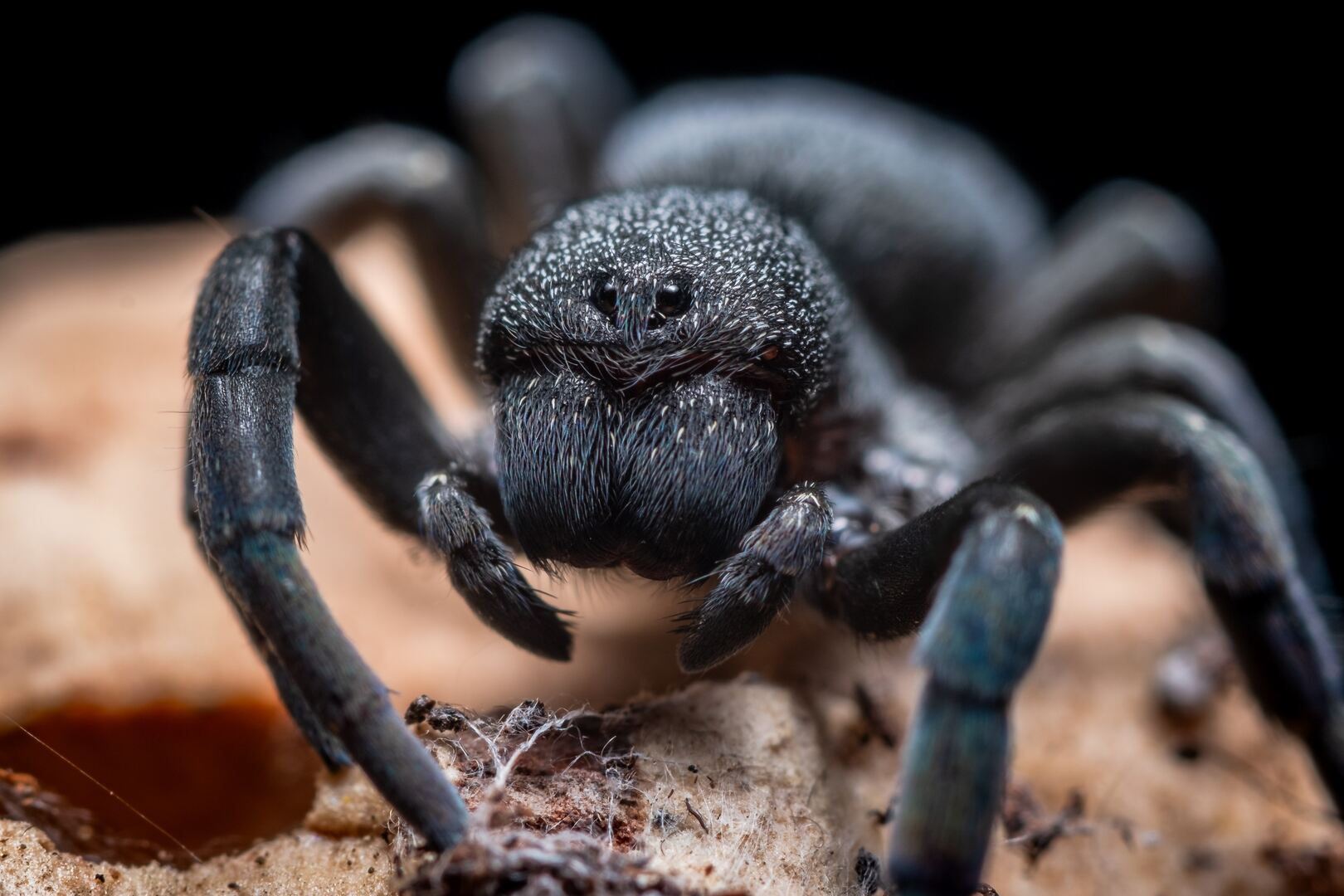It's a spider
Spiders

Discover, Discuss, and Delve into the World of Spiders!
Rules:
-
Geographic Location is Mandatory: When requesting an identification of any living organism, it is crucial to provide the geographic location where the organism was found. This information is essential for accurate identifications.
-
No Speculation on Medical Significance: Under no circumstances should members speculate about the medical significance of spiders or any other organisms during identification discussions. Medical-related advice should be sought from appropriate healthcare professionals.
-
Avoid Misidentification and Misinformation: We strongly discourage spreading misinformation and misidentifications. If you are unsure about an identification, it is better not to guess. Instead, ask for help from knowledgeable members or professionals.
-
Respectful and Professional Communication: Treat all members with respect and professionalism. Engage in constructive discussions and avoid offensive language or behavior.
-
Follow the Sidebar Guidelines: Make sure to review and follow the guidelines provided in the forum sidebar. This includes rules, helpful resources, and any specific instructions for posting.
-
Cite Sources and Provide Evidence: When sharing information or making claims, try to back them up with credible sources or evidence whenever possible.
-
Avoid Self-Promotion and Spam: This forum is not a platform for self-promotion or spam. Stay on-topic and contribute meaningfully to discussions.
-
Keep it Relevant: Make sure your posts and comments are relevant to the community's focus and goals.
-
Report Violations: If you come across any posts or comments that violate the rules or guidelines, please report them for appropriate action.
Remember that our goal is to create a serious and professional community focused on accurate identifications and meaningful discussions. By adhering to these rules, we can maintain a respectful and knowledgeable environment for everyone. Welcome to our community!
Another picture.

Picture from below, size is about 2-3cm

Generally it's white with black dots.
hard to say, picture is a bit shaky also you didn't mention size so i can only guesstimate Wolf Spider ? this one looks close ( https://www.plantopedia.de/spinnenarten/ ) https://en.wikipedia.org/wiki/Trochosa_ruricola
Thanks but I don't recognize anything for now. I made another comment with picture.
.
The colouring and location seem similar to the one in this article this article.
It could be a Kräuseljagdspinne. The colouring and patterns look very similar, thank you.
Edit: pretty sure now it a Nosferatu spider https://de.m.wikipedia.org/wiki/Nosferatu-Spinne
Thanks!
Zoropsis spinimana
Images: https://duckduckgo.com/?t=ffab&q=Zoropsis+spinimana&iax=images&ia=images
This is what chatgpt said about it:
Zoropsis spinimana, commonly known as the Mediterranean recluse spider or the false recluse spider, is a species of spider found in Mediterranean regions. While it may look similar to the notorious recluse spiders, such as the brown recluse or the violin spiders, Zoropsis spinimana is not considered dangerous to humans.
The false recluse spider does possess venom and can deliver a bite if it feels threatened or cornered. However, the venom of Zoropsis spinimana is relatively weak, and its bites typically result in only minor local symptoms such as redness, swelling, and itching. Severe reactions or systemic effects are extremely rare and have not been well-documented.
It's worth noting that bites from any spider can lead to varying individual reactions, and some people may be more sensitive or allergic to spider venom than others. If you are bitten by any spider and experience concerning symptoms or an allergic reaction, it is advisable to seek medical attention.
In general, though, Zoropsis spinimana is not considered a highly dangerous or medically significant spider species. As with most spiders, they are typically more interested in avoiding humans and are unlikely to bite unless provoked or threatened.
